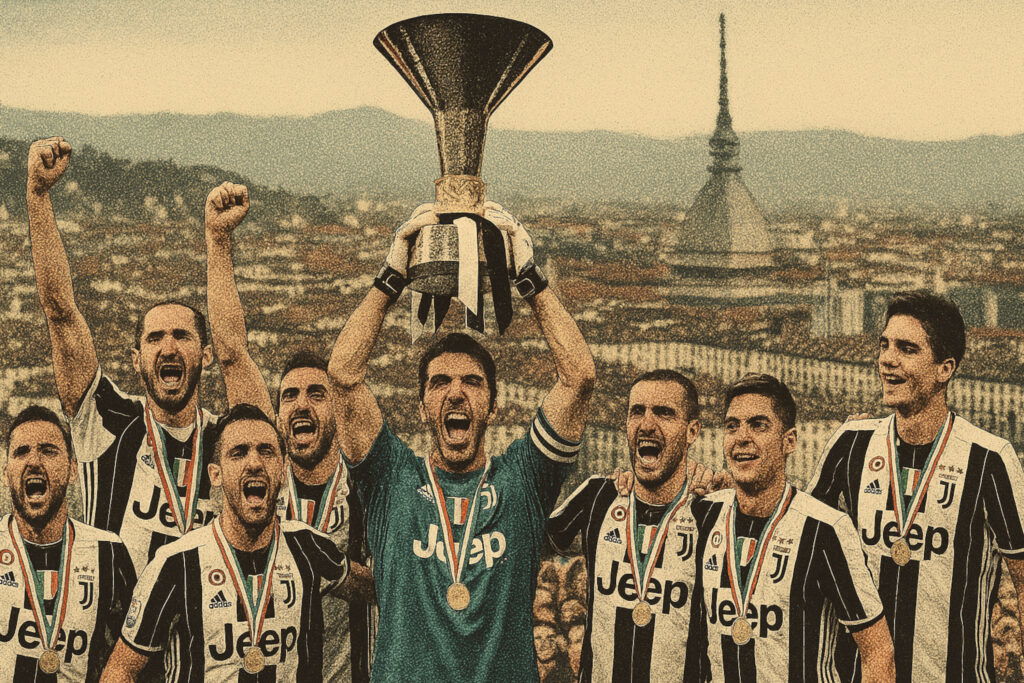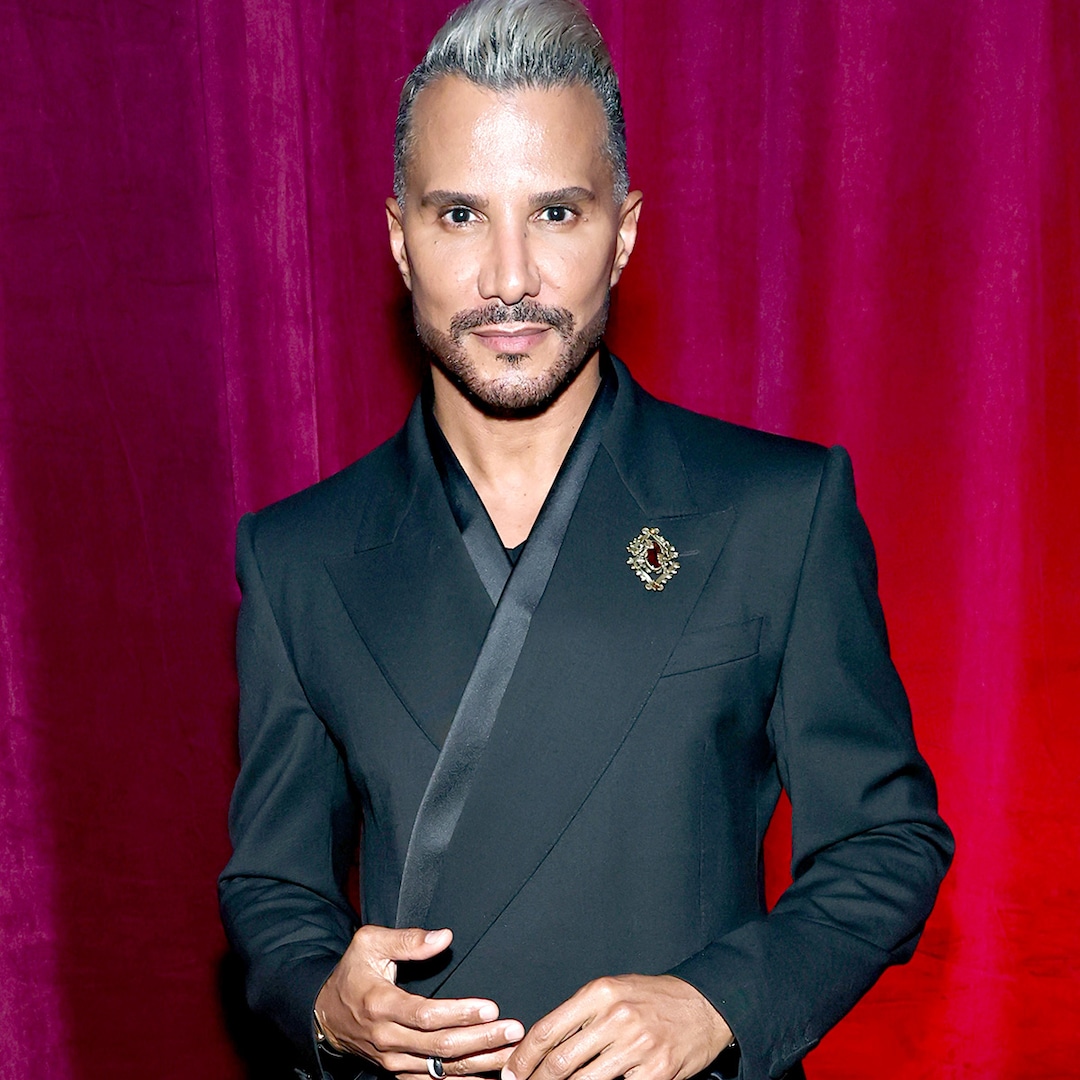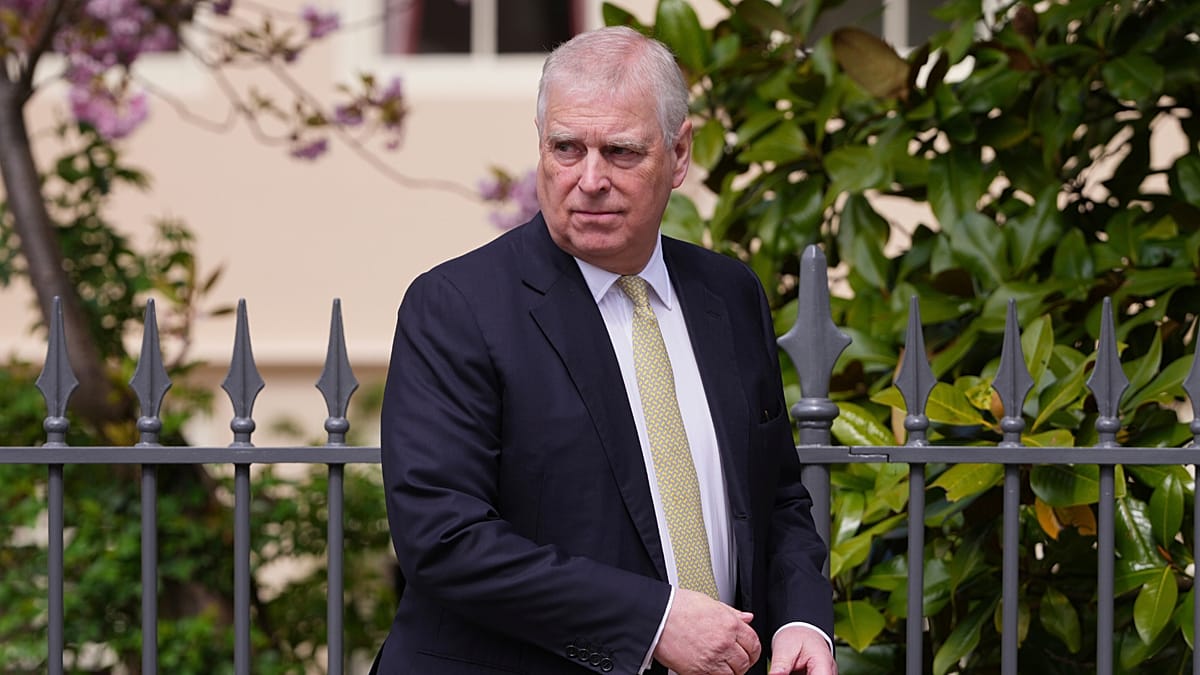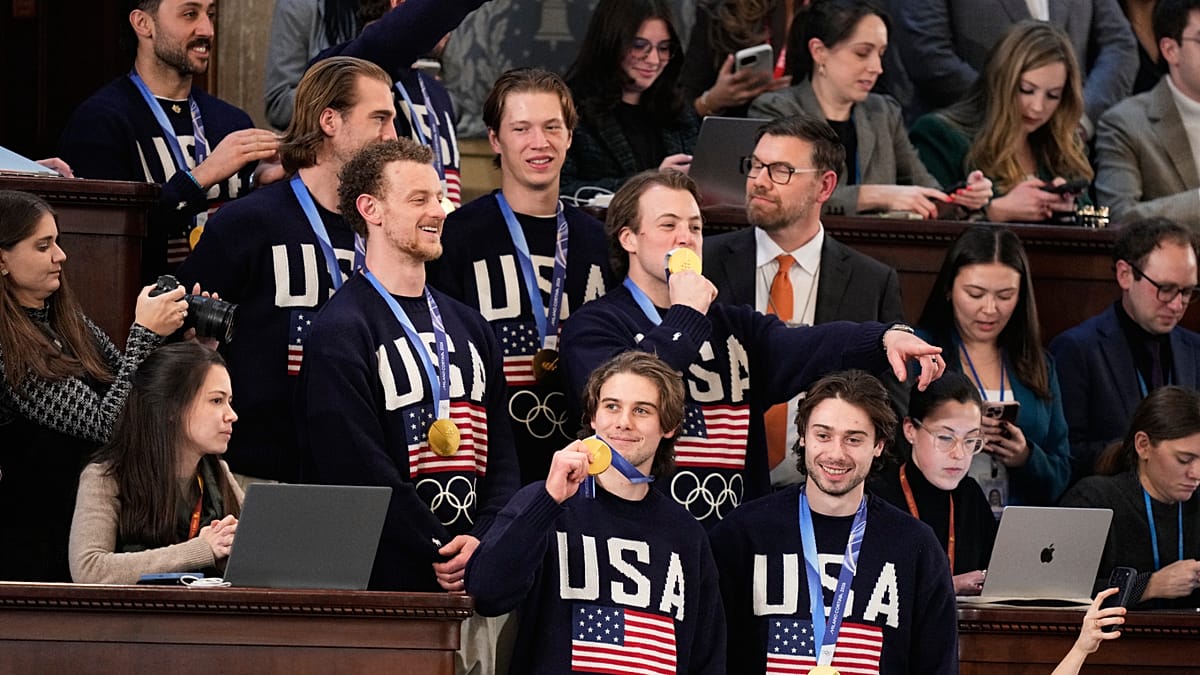How Juventus Dominated a Decade of Serie A

The Return of the Old Lady
In 2011, Juventus were not the powerhouse they had once been. The Calciopoli scandal had left them bruised, their reputation dented, and their squad full of players who seemed more suited to mid-table mediocrity than European nights. Yet within a few short seasons, they had transformed from humbled to untouchable.
Antonio Conte, appointed in 2011, brought the fire back. His system of relentless pressing, tactical discipline, and sheer intensity turned Juventus into a machine. His now-iconic 3-5-2 formation, anchored by the ‘BBC’ defence of Barzagli, Bonucci, and Chiellini, became the backbone of their dominance.
Conte didn’t just rebuild Juventus; he reignited a sense of superiority that had been dormant since the early 2000s.
The Allegri Refinement
When Massimiliano Allegri took over in 2014, many predicted a downturn. Instead, Juventus became more intelligent, measured, and adaptable. Allegri replaced Conte’s raw energy with tactical pragmatism.
Under his guidance, Juventus won five straight league titles and reached two Champions League finals. He evolved the squad’s playing style, embracing flexibility without sacrificing the club’s winning mentality. If Conte’s Juve was about war, Allegri’s was about chess.
This period also saw Juventus’ midfield flourish, with players like Andrea Pirlo, Paul Pogba, and Arturo Vidal forming a trio so balanced that it made rival managers weep into their espressos.
The Ronaldo Era and Commercial Expansion
By 2018, Juventus had conquered Italy so completely that their sights shifted abroad. Enter Cristiano Ronaldo. His arrival wasn’t just about goals, it was a brand statement. Juventus were no longer a domestic powerhouse; they were now a global entertainment product.
The Ronaldo years were a paradox. Domestically, the titles kept coming. Internationally, the Champions League still eluded them. Yet commercially, the move transformed Juventus into a global juggernaut. Shirt sales skyrocketed, social media followings exploded, and Juventus became a name as familiar in Shanghai or New York as it was in Turin.
The Key Ingredients of a Dynasty
1. Tactical Stability
While others chopped and changed systems, Juventus built around continuity. From the BBC defence to Buffon’s leadership, consistency was their cornerstone.
2. Recruitment Discipline
Juventus became masters of the free transfer. Pirlo, Pogba, Dani Alves, Khedira, all arrived for nothing and delivered everything.
3. Winning Culture
Winning became habitual. Serie A titles weren’t celebrated with wild euphoria but with a quiet nod, as if anything less would be an insult.
4. Leadership and Identity
From the stoic Buffon to the snarling Chiellini, Juventus cultivated captains, not just players. Their dressing room looked less like a football squad and more like a Roman senate of serial winners.
Cracks in the Marble
Of course, no empire lasts forever. The post-Allegri years saw inconsistency, managerial roulette, and questionable signings. Maurizio Sarri’s single title felt more like obligation than triumph. Andrea Pirlo’s experiment promised much but fizzled out, while Max Allegri’s second spell has struggled to recapture the old dominance.
Off the pitch, financial investigations and boardroom chaos have further tarnished the glow. Juventus’ grip on Serie A has loosened, with Inter and Napoli snapping up their long-held crown.
Legacy of the Black and White Era
For nearly ten years, Juventus didn’t just win, they redefined what winning meant in Italy. They raised Serie A’s standards, modernised its branding, and turned tactical rigour into an art form.
That era may be fading, but the echoes remain. Every time a team sets up with three centre-backs and wing-backs bombing forward, you can still see Conte’s fingerprints. Every time a club signs a superstar for global attention, you can trace it back to Ronaldo’s unveiling in Turin.
Juventus may no longer be the unchallenged monarchs of Serie A, but their decade of dominance reshaped Italian football in their own image, disciplined, ambitious, and stylishly relentless.
















































